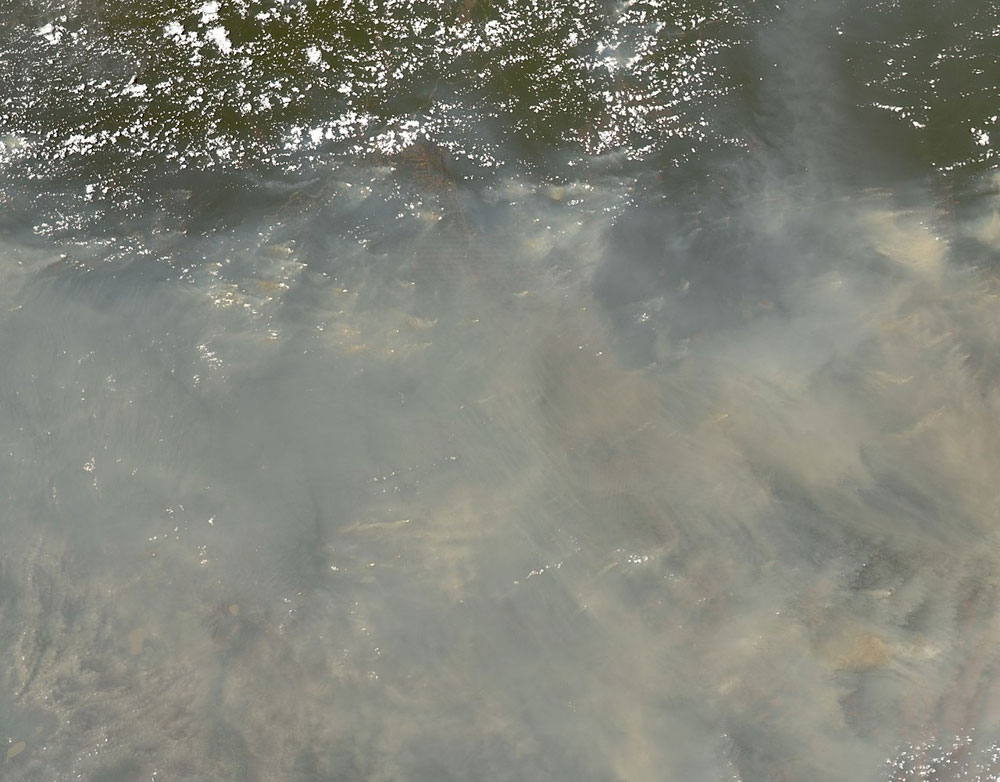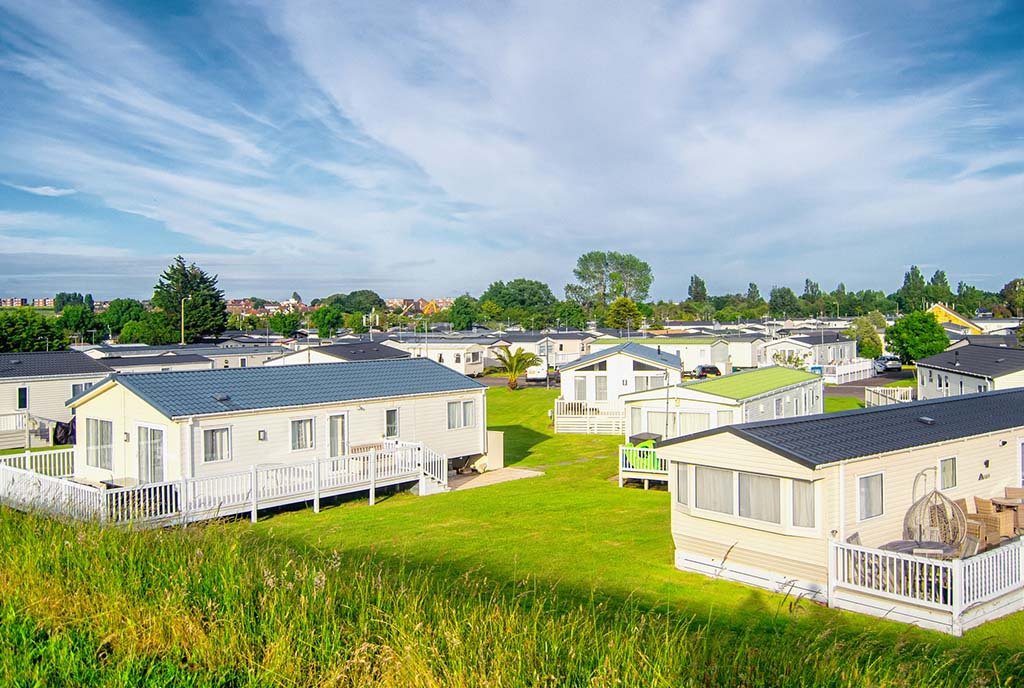
August 13, 2019; Rio Times
Thousands of women protested earlier this month in Brasília, the capital of Brazil. They marched against the policies of President Jair Bolsonaro on issues ranging from indigenous healthcare to Amazon rainforest protection.
Two marches convened on related issues. The country’s first Indigenous Women’s March brought together over 110 groups. The banners they carried bore the slogan, “Território: nosso corpo, nosso espírito” (Territory: our body, our spirit). Nemonte Nenquimo, a Waorani leader and president of the regional Waorani political organization Pastaza, said, “I feel a lot of strength from the women here…around the world, the governments are trying to kill us. They want to exploit our lands with no regard for us as human beings. Yet we are the guardians and owners of our territories, which we have cared for and protected for thousands of years.”
Protestors occupied Brasilia’s Secretaria Especial de Saúde Indígena (Special Secretariat of Indigenous Health, or SESAI) to demand the resignation of its head, Silvia Nobre. Nobre is in charge of implementing Bolsonaro’s new health initiative, which calls for shifting the responsibility for indigenous health care from federal to state and local offices. Indigenous peoples fear that these offices won’t have the resources to provide adequate care.
Célia Xacriabá of the Articulaçao dos Povos Indígenas do Brazil (Brazilian Network of Indigenous Peoples) said, “We call on the international community to support us, to amplify our voices and our struggle against today’s legislative genocide, where our own government is authorizing the slaughter and ethnocide of indigenous peoples. This is also an opportunity to join our voices to denounce this government’s ecocide, where the killing of mother nature is our collective concern.”
After the occupation, indigenous women joined the “March of the Margaridas,” named for Brazilian trade union leader Margarida Maria Alves, who was murdered in 1983 during the military dictatorship. Tens of thousands of women from rural areas have marched every fourth August for nearly 20 years.
The protests brought together rural and indigenous women to support conservation of the Amazon, where the rate of destruction has increased rapidly under Bolsonaro, close to what some have called a “tipping point” for carbon sequestering and biodiversity. Studies have found that areas belonging to indigenous groups have greater biodiversity than officially protected areas.
Sign up for our free newsletters
Subscribe to NPQ's newsletters to have our top stories delivered directly to your inbox.
By signing up, you agree to our privacy policy and terms of use, and to receive messages from NPQ and our partners.
This week, the Amazon rainforest has been burning at levels the World Wildlife Fund says are “destroying” the rainforest. Smoke from the fires has covered nearly half the country, says CNN. Bolsonaro suggested that perhaps NGOs had started the fires to “create narratives against me.” (Sound familiar?) The Amazon rainforest produces over 20 percent of the world’s oxygen.
Destruction in the Amazon has harmed not only the forest, but the indigenous groups who call it home. Just last month, miners killed an indigenous leader in the Wajapi community.
“We come to confront every harmful policy, including those that affect the conservation of biodiversity, the right to education in rural areas and indigenous villages, and the strengthening of women’s participation in politics,” said activist Maria Jose Moraes Costa.
Other indigenous groups around the world are leading the fight to protect the planet as the climate crisis worsens. In the US, Native American groups at Standing Rock and elsewhere have issued the clearest calls for environmentally responsible policies. In Mumbai, a branch of the group Extinction Rebellion tweeted, “On the occasion of #Indigenouspeoplesday, @RmumbaiX joined the Tribal People’s Rally with the Indigenous Communities of the Aarey Forest and chanted in #solidarity with the Brazilian Women Marching in Brasilia now!”
Other countries are starting to heed the activists’ message. Both Germany and Norway suspended donations to the government-run Amazon Fund, cutting off over $70 million total. Bolsonaro scoffed, saying, “Take that money and help Angela Merkel reforest Germany.”
But noticing won’t be enough, not at the rate the Amazon is disappearing. The protestors—with their demands for immediate sovereignty, protection, and climate-based action—are leading the way.—Erin Rubin













